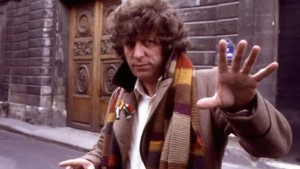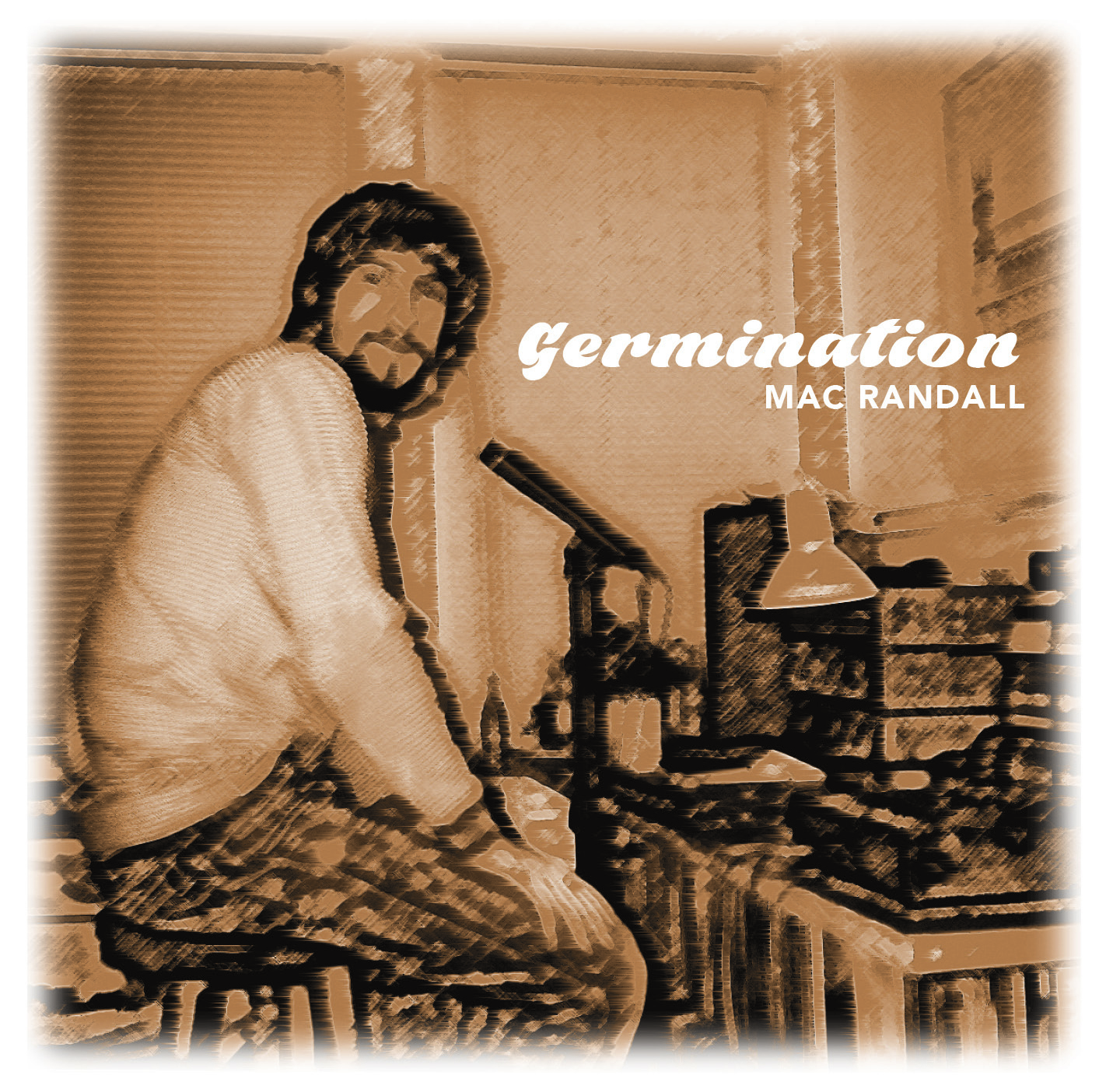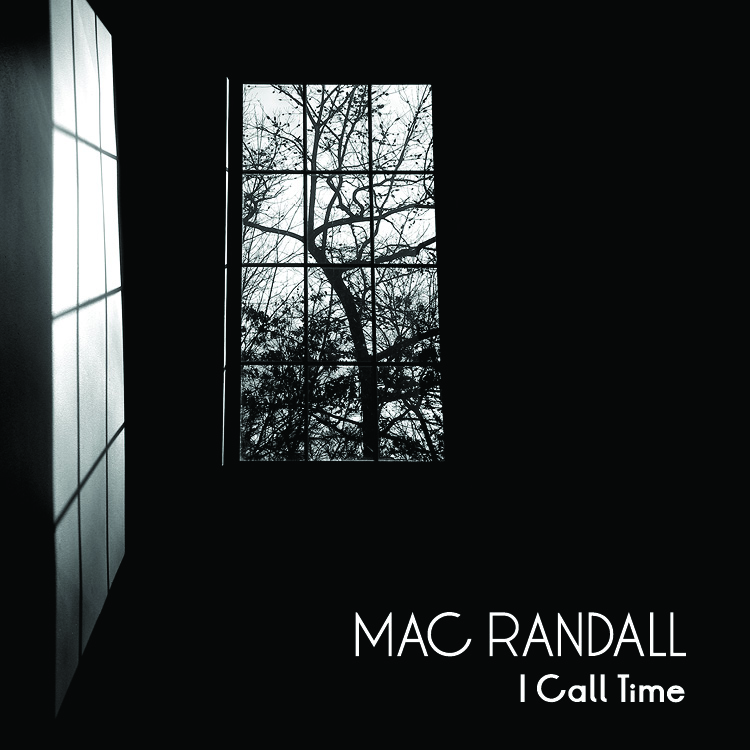The Return of the Doctor (Episode 1)
A couple of months ago, the BBC television series Doctor Who celebrated the 50th anniversary of its first broadcast. I won’t delve too deeply into details about the show here—if I did, I might very well reach a point of no return—but a few basic facts up front should make the following essay a little more comprehensible to those who aren’t in the know. The series’ central character, known only as the Doctor, is a Time Lord from the planet Gallifrey. He can travel through time and space using a device called a TARDIS (Time And Relative Dimensions In Space). He also has the ability to “regenerate” from one body into another. This last contrivance has made it possible for 12 different actors so far to play the role on TV.
Now that we’ve got those necessary points out of the way, I have a confession to make. I am a card-carrying member of NADWAS. That stands for the North American Doctor Who Appreciation Society.
Okay, this statement requires asterisks. NADWAS hasn’t existed for about 30 years, although its parent organization DWAS is still going strong. The “card-carrying” part isn’t quite accurate, either. I do have the card…somewhere. It’s probably in a box in my in-laws’ basement, along with dozens of Doctor Who novels (adapted from the original TV show scripts) and 100 or so issues of Doctor Who Magazine, starting with issue one from October 1979, back when it was still a weekly published by Marvel Comics U.K.
The same box—or another one close by—holds countless other Doctor Who comics and novels, all of them written by me, hand-drawn or typed on sheets of manuscript paper that I stapled together to make into books. The earliest ones feature the fourth incarnation of the Doctor, as played on television famously by Tom Baker between 1974 and 1981 (the period during which I started watching the show). Later books become noticeably bolder, positing a future Doctor played by a young man named Mac Randall. Just as the long multi-colored scarf was one of Baker’s chief visual trademarks, so the blue beret was a fixture of the Doctor’s wardrobe during the Randall years. At some point I made up a long list of stories featuring myself, and then I went on to novelize many of them. I can’t remember any titles now, but they would easily have taken up five or six seasons if they’d all been produced for TV.
Doctor Who was one of my deepest and longest-lasting childhood obsessions. I first saw the show when I was six, and I watched it regularly for the next decade or so. In the Boston area, where I grew up, the local PBS station on Channel 2 aired it every weeknight at 7 PM, and that quickly became a hallowed half-hour. For a while during the peak fixation years, I was known to freak out if I couldn’t be home in time for my nightly dose. I’m going to estimate that I’ve spent 1,500 hours—the equivalent of 187.5 eight-hour days—watching Doctor Who. I don’t even want to try estimating the additional time I’ve spent reading, writing, and thinking about it.
What drew me to the show? It was imaginative. It was funny. It was exciting. It was British, and I was practically born an Anglophile. Tom Baker’s dramatic flair was hugely appealing. In the late ’70s, Doctor Who had already been on the air in England for 15 years and therefore had a substantial history, which was fascinating to investigate. Yet at the same time, I felt as if I’d personally discovered the show, and in a sense I had. No one introduced me to it. I simply noticed it in the TV listings one day, was intrigued, and turned it on. (Aficionados, please note: The first episode I saw was part of “The Face of Evil,” in which the Doctor contends with a supercomputer called Xoanon that developed schizophrenia following the Doctor’s own earlier attempts to repair it.)
There was more. None of my friends knew anything about Doctor Who. They heard about it first from me; now that was truly cool. As a youngster who frequently felt disconnected from his peers—sometimes smarter or more sensitive than everyone else, sometimes not, but always different—I responded to the notion of a hyper-intelligent being who looked human but wasn’t. And who wouldn’t want to be able to travel around in time and space and solve problems?
Channel 2 showed the first four seasons of the Baker Who over and over again, so I watched them over and over again. From buying the magazine and the novels, I knew that there were many more shows out there, but for years they existed only on paper and in my imagination. Maybe half a dozen times, I watched Episode 6 of “The Invasion of Time” hoping against hope that the next weeknight would finally bring me Episode 1 of “The Ribos Operation” from the following season, but no, it was always back to the first episode of Baker’s first story, “Robot.” My disappointment grew, and yet I kept watching.
Then at last, one glorious day in the mid-’80s, the episodes from Baker’s final three seasons began to air, followed by stories from the era of the fifth Doctor, played by Peter Davison. From there we went back in time to the first episode of the show, 1963’s “An Unearthly Child,” featuring William Hartnell, and then continued in chronological order through all the ’60s serials that were then available in complete form (more on this next time). Through the ages of Patrick Troughton and Jon Pertwee we traveled, back to Baker and Davison and finally on to the sixth Doctor, Colin Baker (no relation to Tom). I watched them all.
Somewhere in there, Channel 2 changed its weeknights-at-7 scheduling and Doctor Who got shunted around a bit. I think it was on weekends for a while before ending up in a late-night slot. I began losing interest; my preoccupation with music was taking up more of my time. The last episodes I saw in the ’80s were from “Trial of a Time Lord,” Colin Baker’s final bow. I didn’t think they were all that great. Back in England, the show was in trouble. Sylvester McCoy took over as the seventh Doctor, but it didn’t help the falling ratings, and Doctor Who went off the air in 1989. I’ve never watched a single episode featuring McCoy. In 1996, Fox tried to bring the show back with a TV movie starring Paul McGann as the eighth Doctor. The attempt was unsuccessful. I haven’t watched that one either. I suspect I was out at some concert or other the night it aired. By then I was in New York, senior editor of a national music magazine, and sci-fi TV was no longer a priority. The books and magazines and manuscripts got packed away, and I carried on with the business of growing up.
That’s not to say I didn’t think about Doctor Who at all over the years. I rented a few videos, even bought a couple of DVDs, and watched them with pleasure. Still, those occasional moments of reconnection alternated with long stretches when the show was completely absent from my mind. And then, in the year 2013, the TARDIS rematerialized in my life. But that’s a tale for Episode 2.







